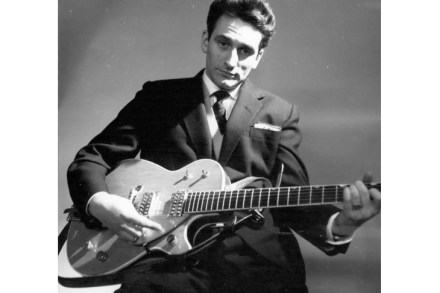Travelling hopefully
Olga Tokarczuk examines questions of travel in our increasingly interconnected and fast-moving world. The award-winning Polish writer channels her wanderlust into reflections upon the places she visits, sometimes in a handful of lines, sometimes in longer chapters, telling other people’s and her own stories. Her prose, however, is anything but conventional travel writing, and she is the first to point out the danger she would be in otherwise: ‘Describing something is like using it — it destroys.’ Trained as a psychologist, Tokarczuk is interested in what connects the human soul and body. It is a leitmotif that, despite the apparent lack of a single plot, tightly weaves the text’s different




















